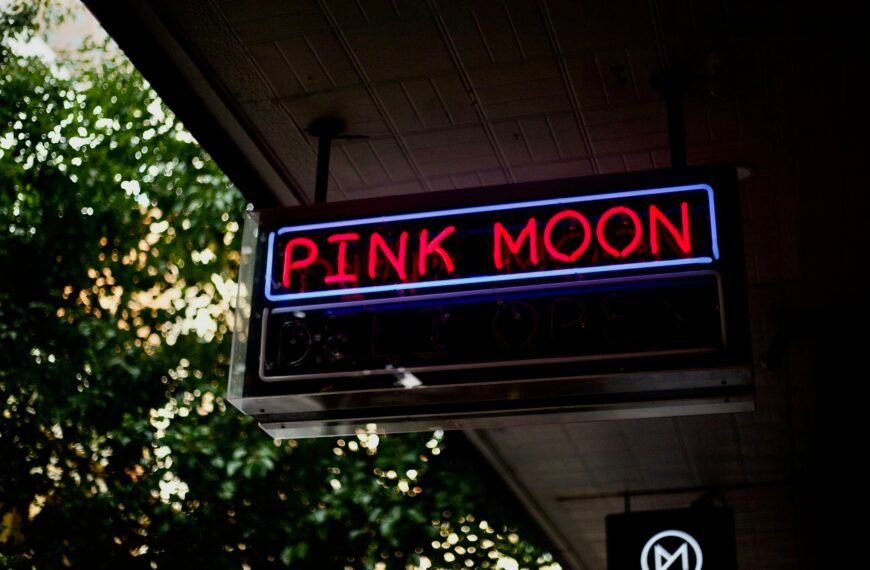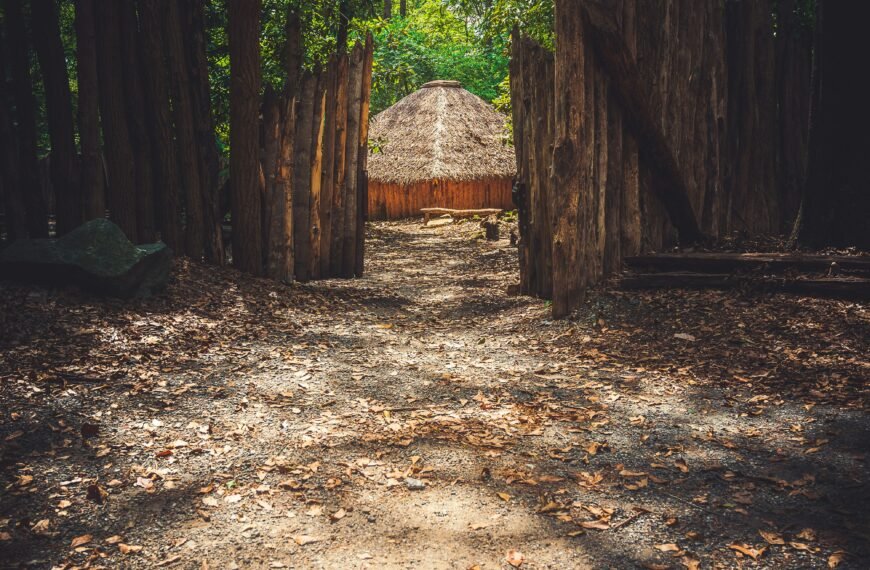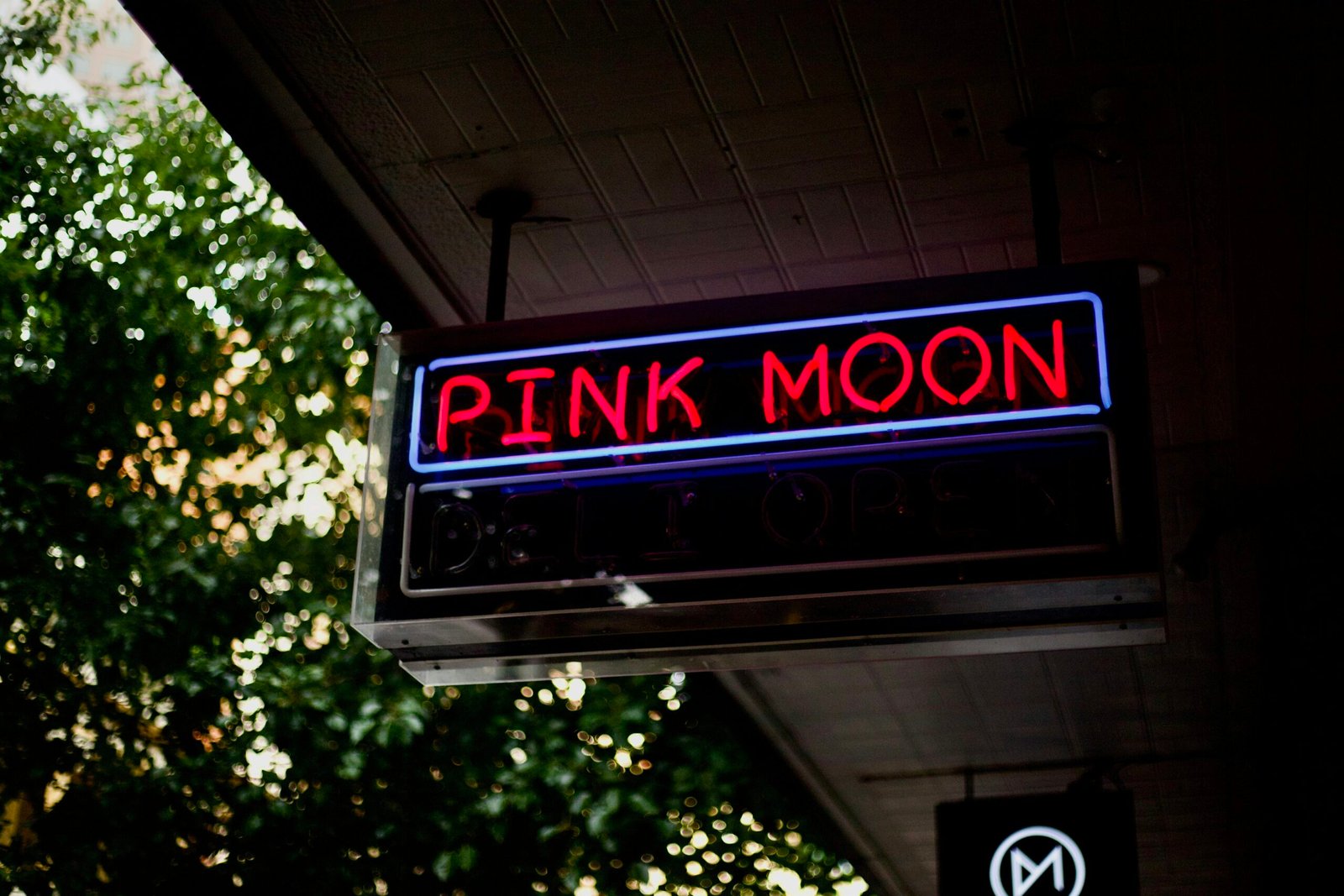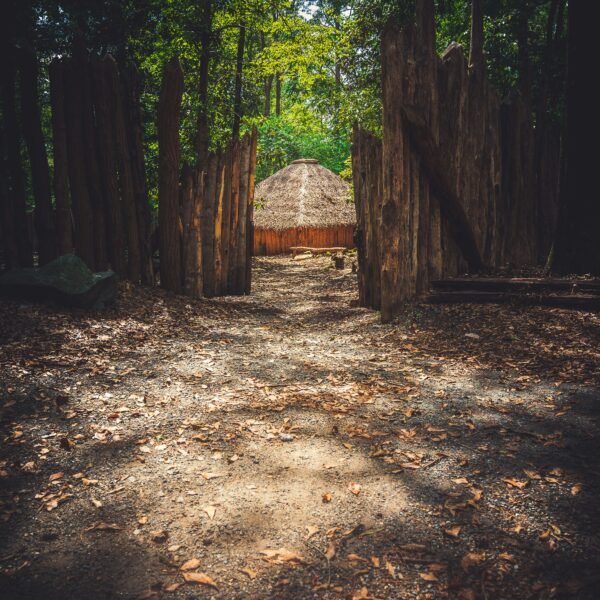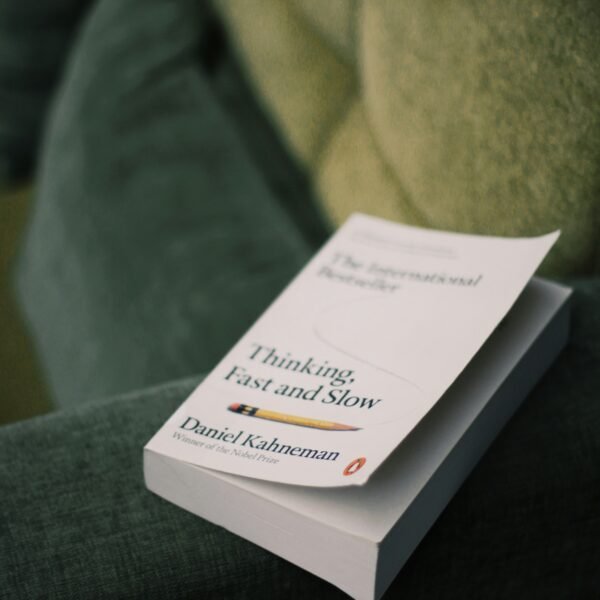Has the idea of zombies always been a Hollywood creation, or is there more to the story? The Quai Branly Museum in Paris is challenging the traditional view of zombies with their new exhibition, “Zombies: Death Is Not The End?”. Let’s explore the fascinating origins and history of zombies.
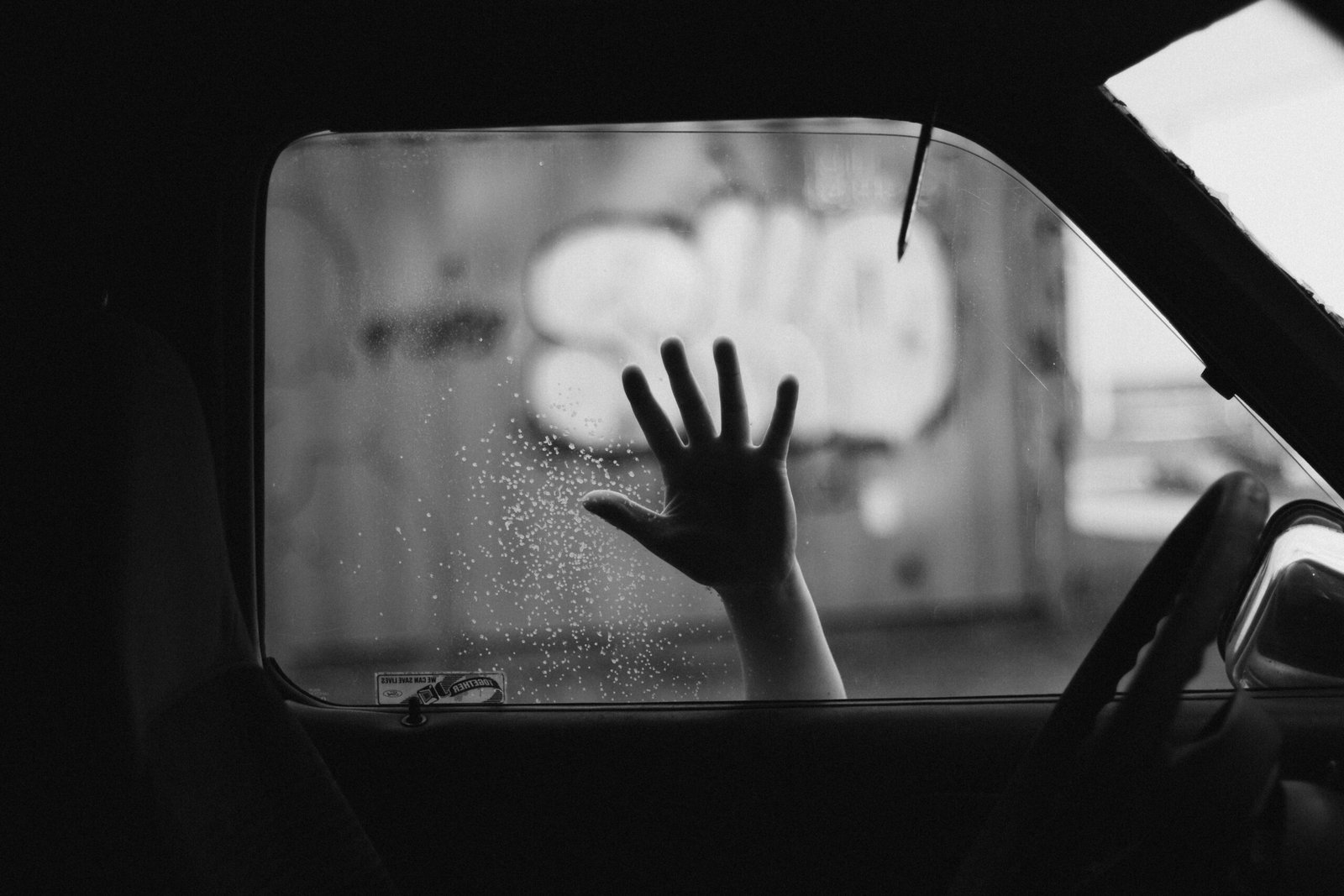
The Origins of Zombies: Haiti’s Religious Practices
When you think of zombies, images of decaying corpses walking around in search of brains may come to mind. However, the true origins of zombies can be traced back to the religious practices of Haiti. In Haitian Vodou, zombies are believed to be individuals who have been subjected to a form of zombification, which involves being drugged, buried alive, and then exhumed in a state of stupor. This practice is not about the dead returning to life, but rather a form of spiritual punishment.
Historical Context of Zombification
Zombification has its roots in the complex history of Haiti, where slavery and colonization played a significant role in shaping religious beliefs and practices. The concept of zombies as we know them today is a distortion of the reality of zombification in Haitian culture. Understanding the historical context is crucial in appreciating the true meaning behind the concept of zombies.
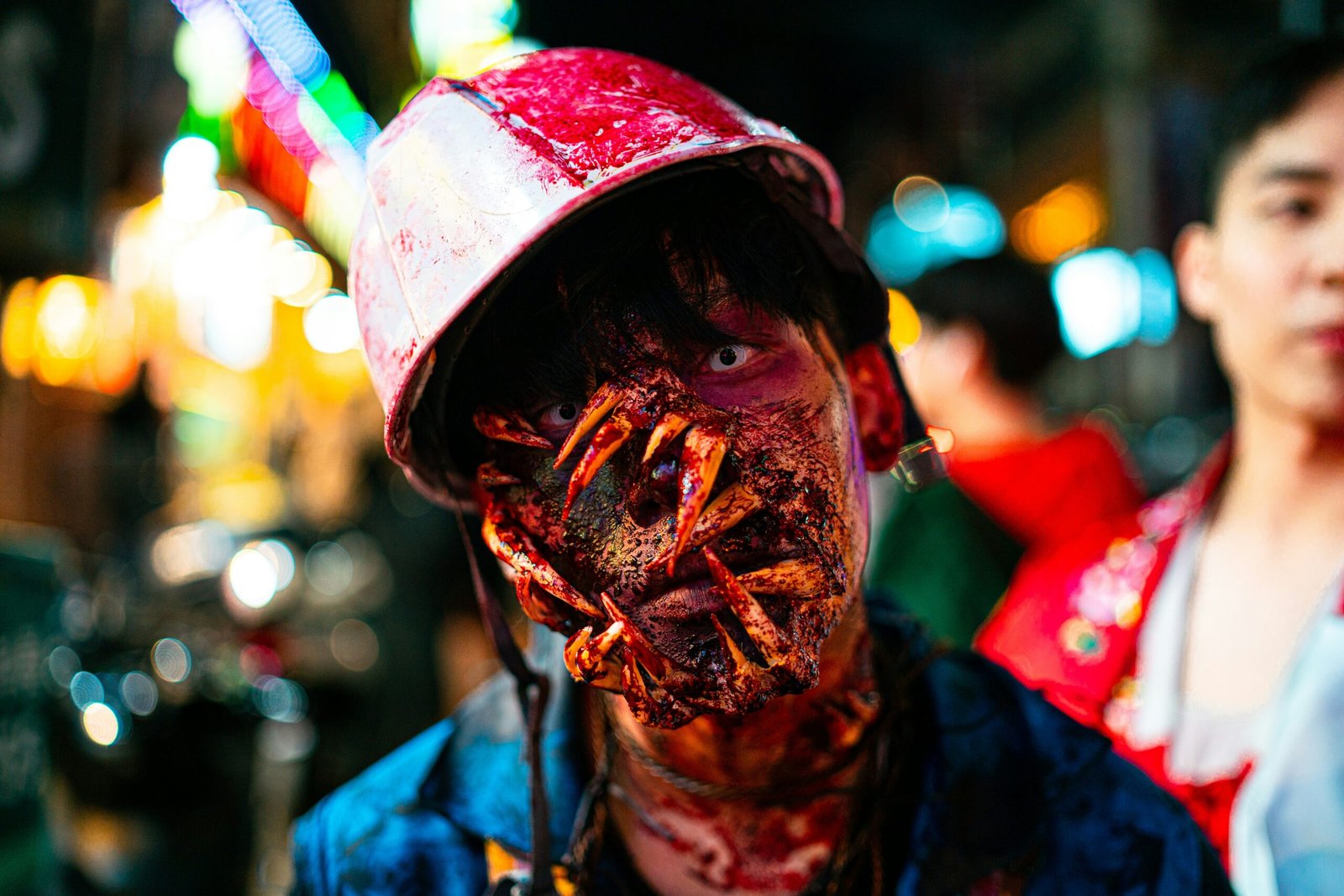
Challenging Hollywood Myths: The Western Perception of Zombies
Western popular culture has largely shaped the way zombies are perceived today. From classic horror movies to modern TV shows, the image of zombies as reanimated corpses has become ingrained in our collective consciousness. However, this portrayal is far from the reality of zombies in Haitian culture.
Hollywood’s Influence on Zombie Culture
The portrayal of zombies in Western media has perpetuated stereotypes and misconceptions about Haitian culture. By examining the influence of movies, music, comic books, and novels, we can see how the Western notion of zombies as flesh-eating monsters has overshadowed the true origins of the concept. It is essential to separate fact from fiction when it comes to understanding zombies.
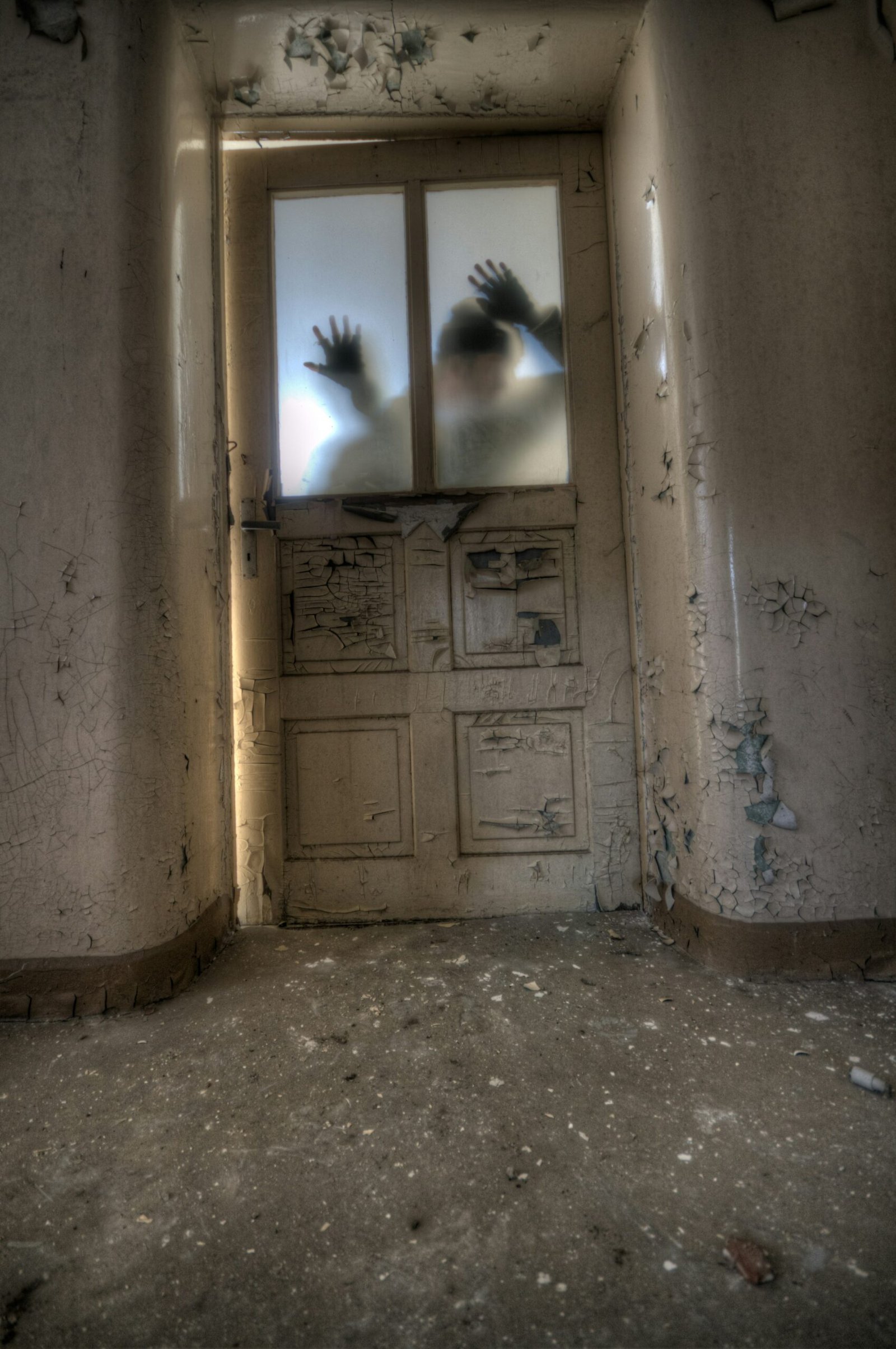
Unveiling the Truth: The Exhibition at Quai Branly Museum
The “Zombies: Death Is Not The End?” exhibition at the Quai Branly Museum in Paris aims to shift the narrative surrounding zombies. By showcasing art, artifacts, and information related to Haitian culture and religious practices, the exhibition invites visitors to challenge their preconceived notions of zombies and explore the true meaning behind the concept.
Exploring Haitian Art and Culture
Through the exhibition, visitors can immerse themselves in the rich cultural heritage of Haiti and gain a deeper understanding of the rituals and beliefs that underpin the concept of zombies. From sculptures to textiles, the art on display offers a glimpse into the spiritual world of Haitian Vodou and challenges stereotypes perpetuated by Western media.
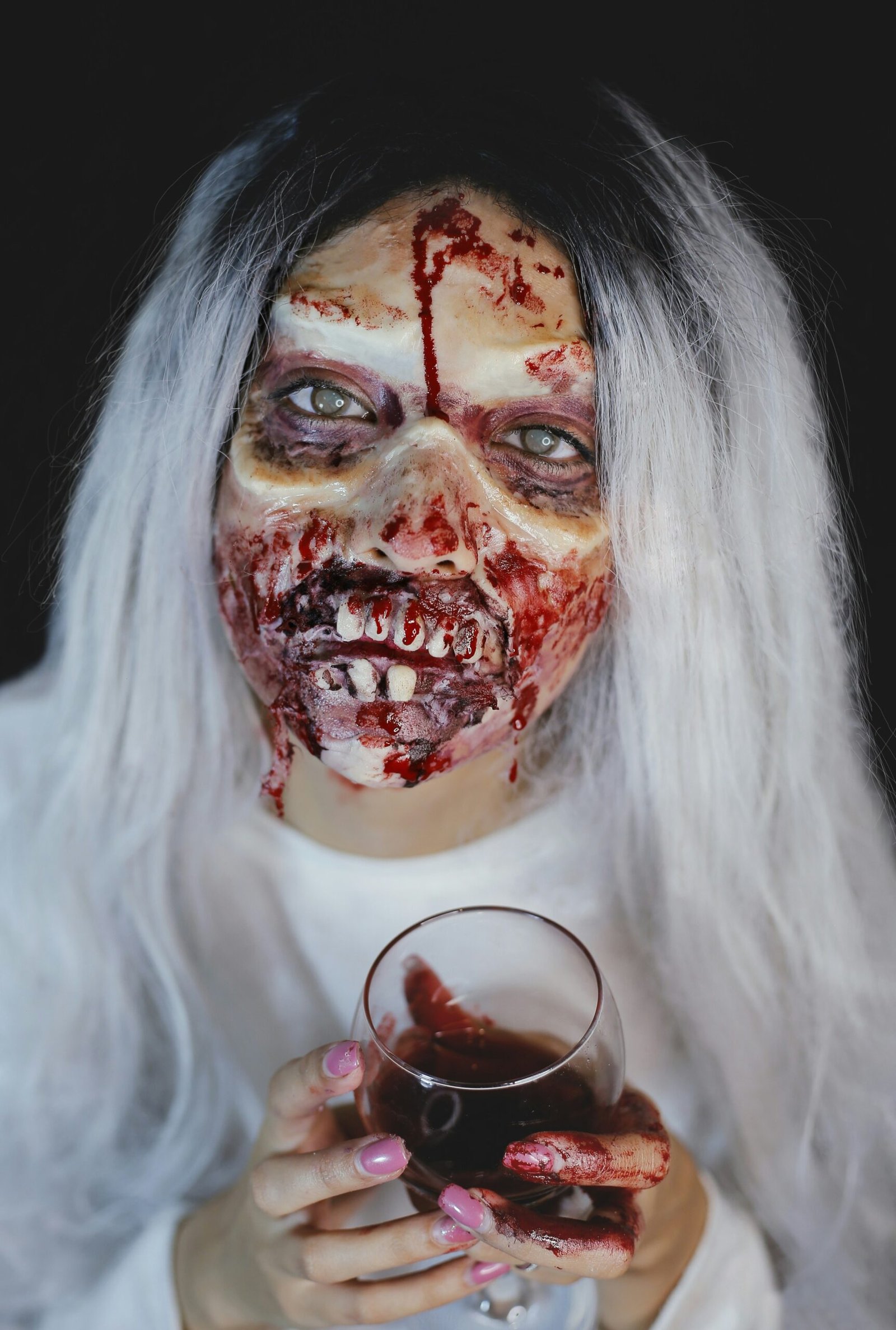
Impact of Misrepresentation: The Stigmatization of Haitian Culture
The misrepresentation of zombies in Western popular culture not only distorts the reality of Haitian religious practices but also perpetuates harmful stereotypes. By portraying zombies as mindless, flesh-eating monsters, Hollywood has contributed to the stigmatization of Haitian culture and marginalized the beliefs of the Haitian people.
Addressing Cultural Appropriation
The appropriation of Haitian religious symbols and practices in Western media has further perpetuated negative stereotypes and misconceptions. By acknowledging the impact of misrepresentation and cultural appropriation, we can work towards promoting cultural understanding and respect for diverse belief systems.
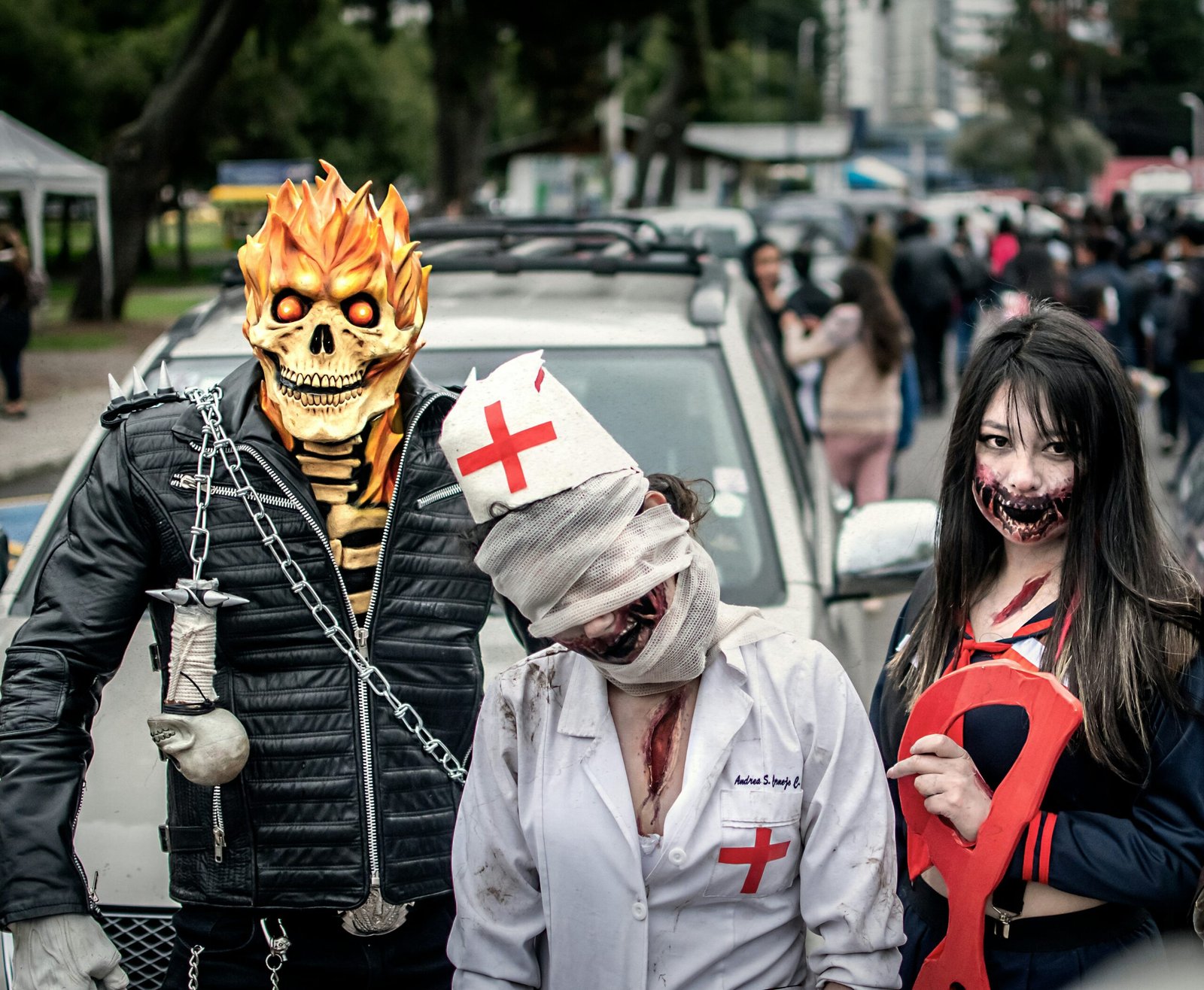
Redefining Zombies: A Call for Cultural Awareness
As the exhibition at the Quai Branly Museum challenges the Western perception of zombies, it serves as a reminder of the importance of cultural awareness and sensitivity. By learning about the true origins of zombies and understanding their significance in Haitian culture, we can move beyond Hollywood myths and embrace a more nuanced and respectful view of this complex phenomenon.
Embracing Diversity and Inclusivity
By embracing diversity and inclusivity in our understanding of zombies and other cultural symbols, we can foster greater appreciation for the richness and complexity of different belief systems. Let’s celebrate the diversity of human experiences and challenge stereotypes that perpetuate harmful narratives.
In conclusion, the exhibition “Zombies: Death Is Not The End?” at the Quai Branly Museum offers a unique opportunity to explore the fascinating origins and history of zombies. By debunking Hollywood myths and shedding light on the true nature of zombies in Haitian culture, the exhibition invites us to rethink our preconceived notions and embrace a more culturally sensitive perspective. Let’s continue to learn, explore, and celebrate the diversity of the world around us.

